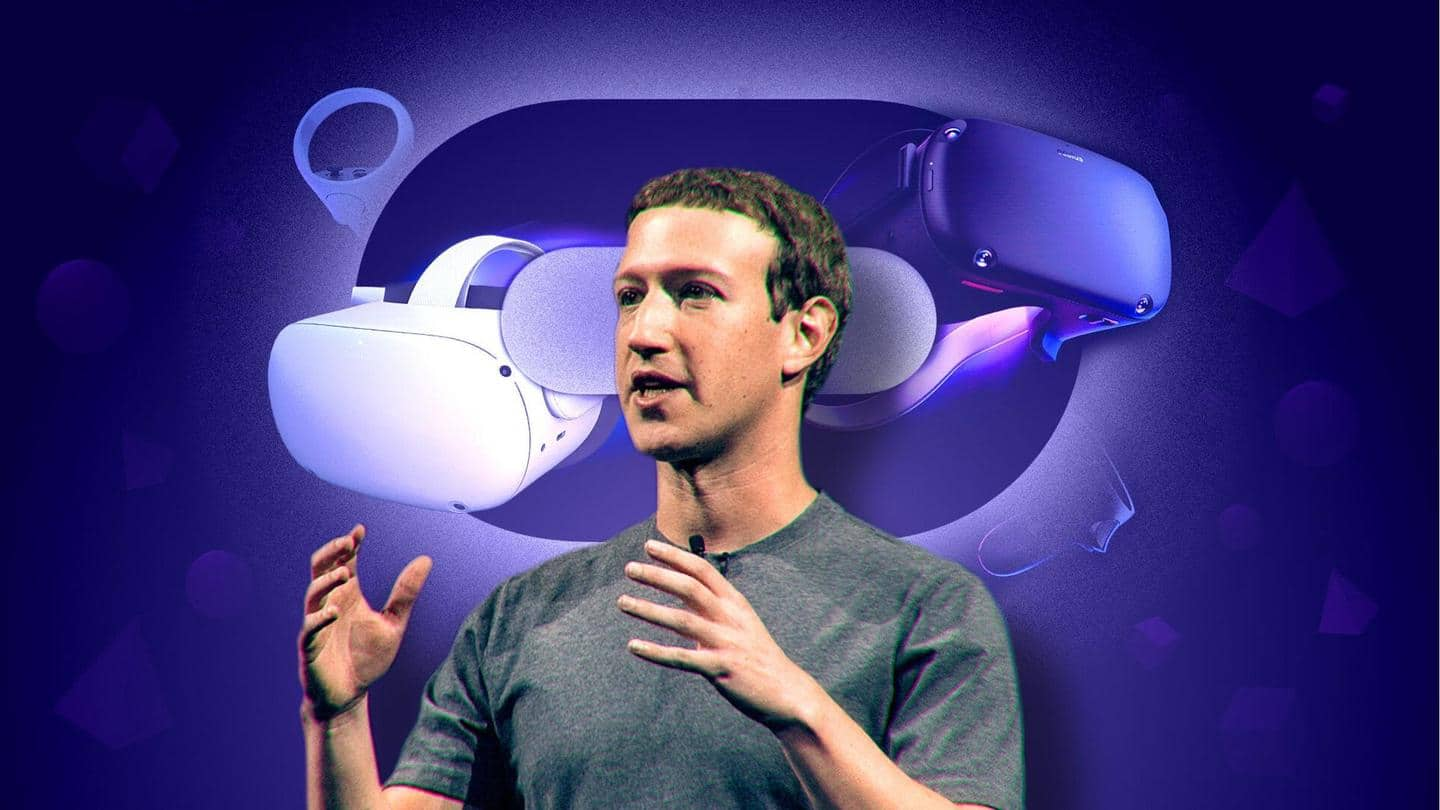
Facebook just announced the creation of 10,000 jobs in the European Union to make the metaverse. Here’s everything you need to know about the tech giant’s virtual reality vision for the internet.
What is the metaverse?

Mark Zuckerberg is a leading voice for the idea of a metaverse in Silicon Valley. In his words, the metaverse will blur the lines between the digital and physical world. Thanks to this new tech and the internet, people can talk face-to-face with loved ones despite being thousands of miles away. Moreover, it can combine virtual experiences with real ones. “No one company will own and operate the metaverse. Like the internet, its key feature will be its openness and interoperability,” said Facebook in its blog post.
“The metaverse has the potential to help unlock access to new creative, social, and economic opportunities. And Europeans will be shaping it right from the start,” said Facebook. “Today, we are announcing a plan to create 10,000 new high-skilled jobs within the European Union (EU) over the next five years,” added the tech giant.
Facebook Metaverse: What else should you know?
The hiring drive will focus on getting ‘highly specialized engineers’ for the firm. “The EU has several advantages that make it a great place for tech companies to invest. A large consumer market, first-class universities, and, crucially, top-quality talent,” described the blog post. The CEO firmly believes that this will transform the platform. From “primarily being a social media company to being a metaverse company” over the coming years.
However, the surprising announcement comes at a time when the tech giant is wrestling with the fallout, outages, and pleas for regulation. Moreover, in the past months, the company has been criticized for internal studies leaked by a former employee. The study reveals their knowledge on how harmful its services are for young people. Additionally, according to reports from the Washington Post, this idea is a “part of a broader push to rehabilitate the company’s reputation with policymakers and reposition Facebook to shape the regulation of next-wave Internet technologies”.
